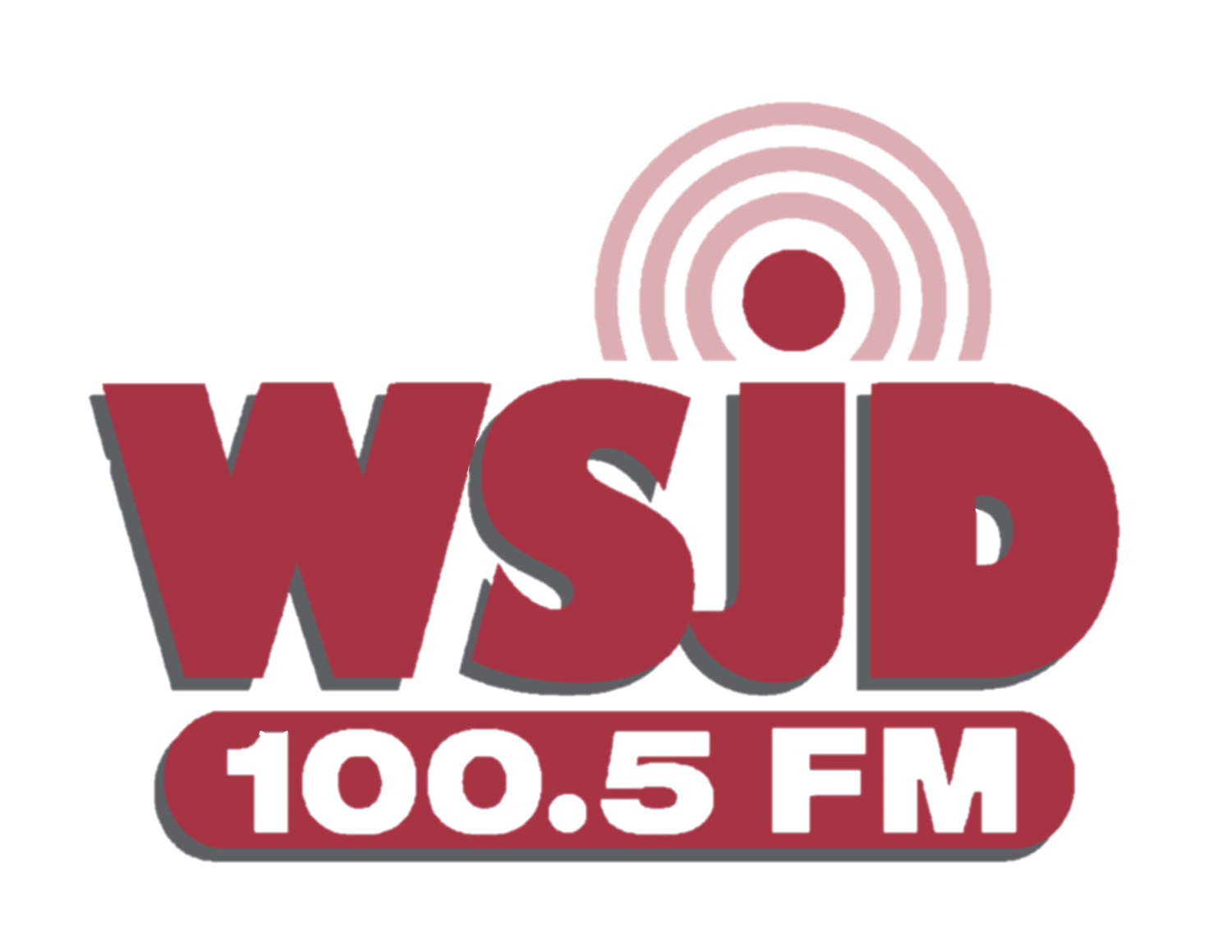SPRINGFIELD – The Illinois Municipal League (IML) is calling on Gov. J.B. Pritzker’s Administration to convene a working group comprised of mayors and other local officials to better coordinate coronavirus response efforts at the community level as cases surge across Illinois.
Since April, mayors across Illinois have repeatedly asked to be included in the process of developing mitigations and enforcement measures. A lack of communication from the state as well as little support in enforcing mitigation measures has frustrated mayors who are seeking to protect their communities but have been met with resistance. A more collaborative approach will help ensure the state is better informed of local issues caused by the pandemic, including challenges related to mitigation compliance, and will help promote a more effective community-level response by ensuring local officials are apprised of the latest data driving mitigation efforts.
“We have consistently advised all municipal leaders to abide by health guidelines issued by the Illinois Department of Public Health and the Centers for Disease Control and Prevention. However, there is a clear need for additional collaboration,” said Brad Cole, IML Executive Director. “The governor has called for an ‘All-in’ approach to address this crisis yet has rebuffed requests to work hand in hand with local officials to implement solutions that protect our residents. Simply blaming mayors for rising cases does nothing to address the underlying issues preventing more effective mitigation results, including distrust of state mandates among residents and the need for state and county enforcement of mitigation measures. It is time for the state to work together with mayors, not just point fingers at them, to stem this rising tide.”
Most cities, towns and villages have a limited set of tools when it comes to implementing coronavirus mitigation measures. For instance, they have no control over food licenses. It falls on the individual county public health departments to revoke an establishment’s food license for failing to abide by mitigation measures. And county state’s attorneys have the sole authority to prosecute violations of state laws and orders.
Further, many mayors are limited in their enforcement authority because they oversee non-home rule communities, where they are only able to put in place measures specifically allowed by state statute. There are 1,081 non-home rule communities in Illinois, compared to 217 home rule communities, which have more discretion to set their own stricter regulations or impose those outlined in the governor’s executive orders.
While mayors have been told by the state to refer enforcement issues to the county public health departments or state police, there has been little follow up by those entities. This has led to uneven compliance across our cities, villages and towns where some individuals and businesses are abiding by mitigation efforts, but others are blatantly disregarding state and local orders while facing no consequences. Confusion over how data is analyzed by the state has also made it difficult for mayors to explain to residents why additional mitigation efforts are required and why they are only applied to certain professions or specific aspects of the service economy.
“These sorts of inconsistencies have caused some residents to question all mitigation efforts, making it even more difficult for local officials to receive compliance with safety regulations,” said IML President Ricky J. Gottman, mayor of Vandalia. “We will keep asking our residents and businesses to comply with state mandates, but we must work together to put in place effective mitigation strategies to protect our communities and the wellbeing of everyone across the state.”
